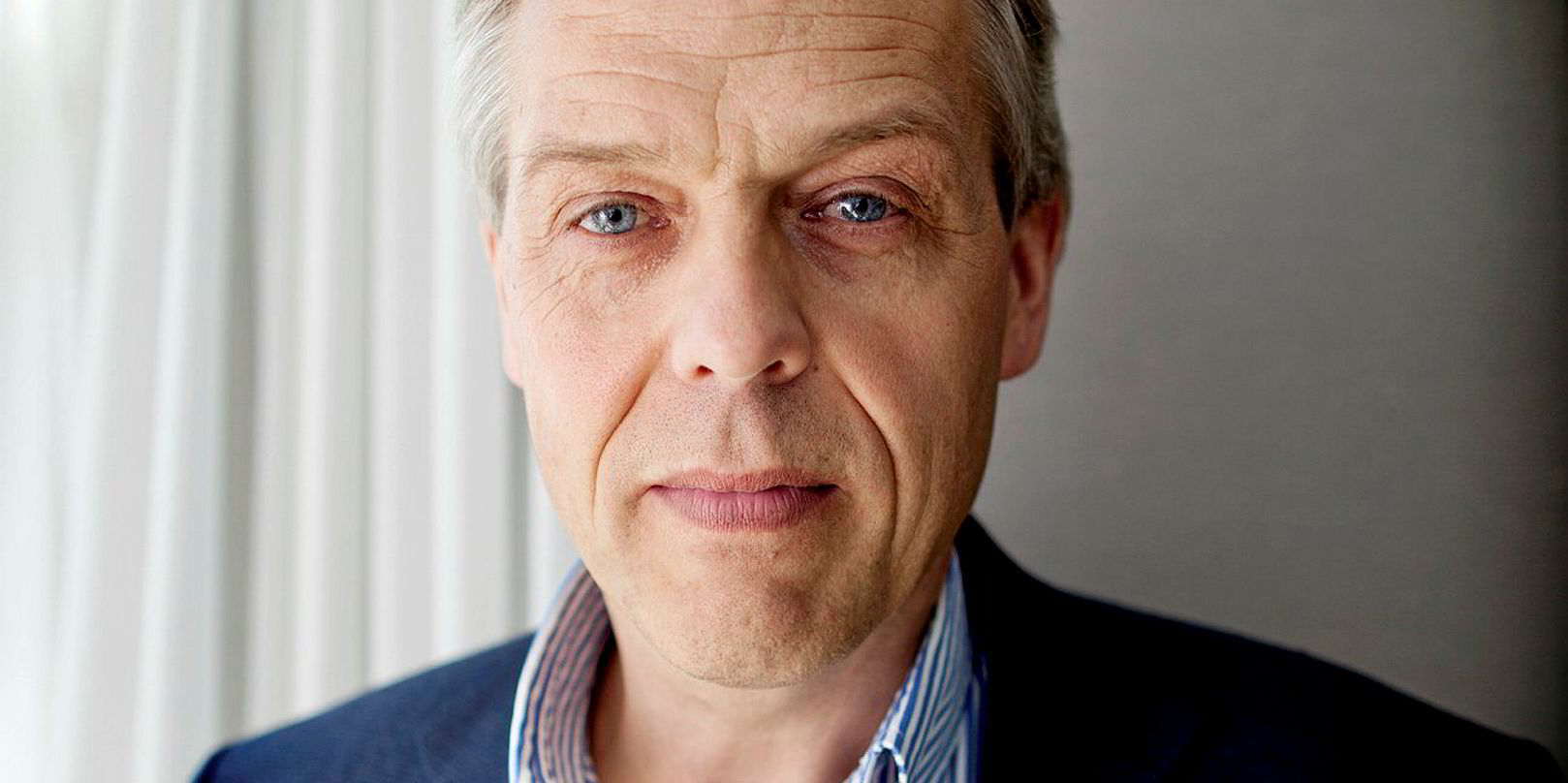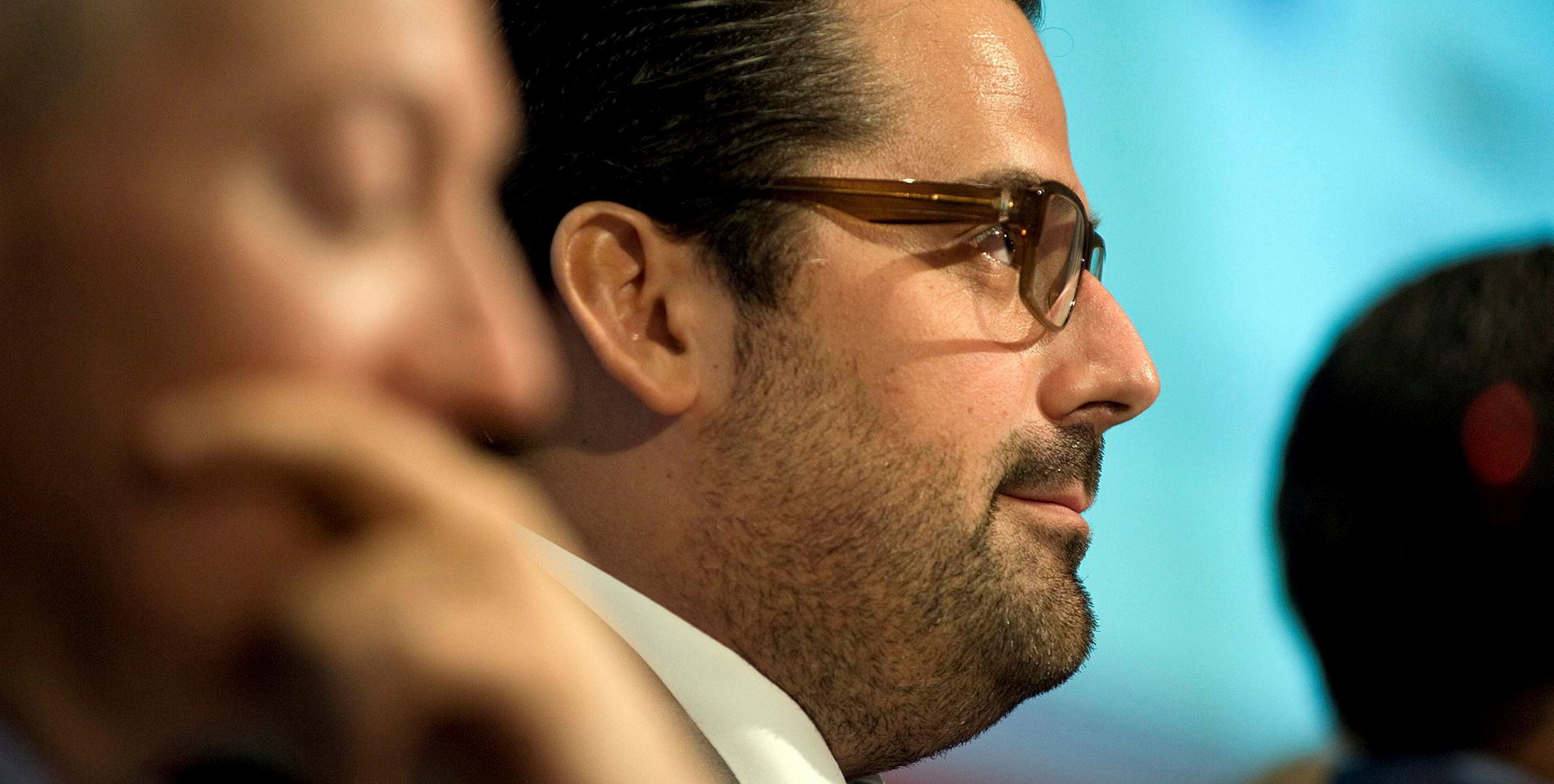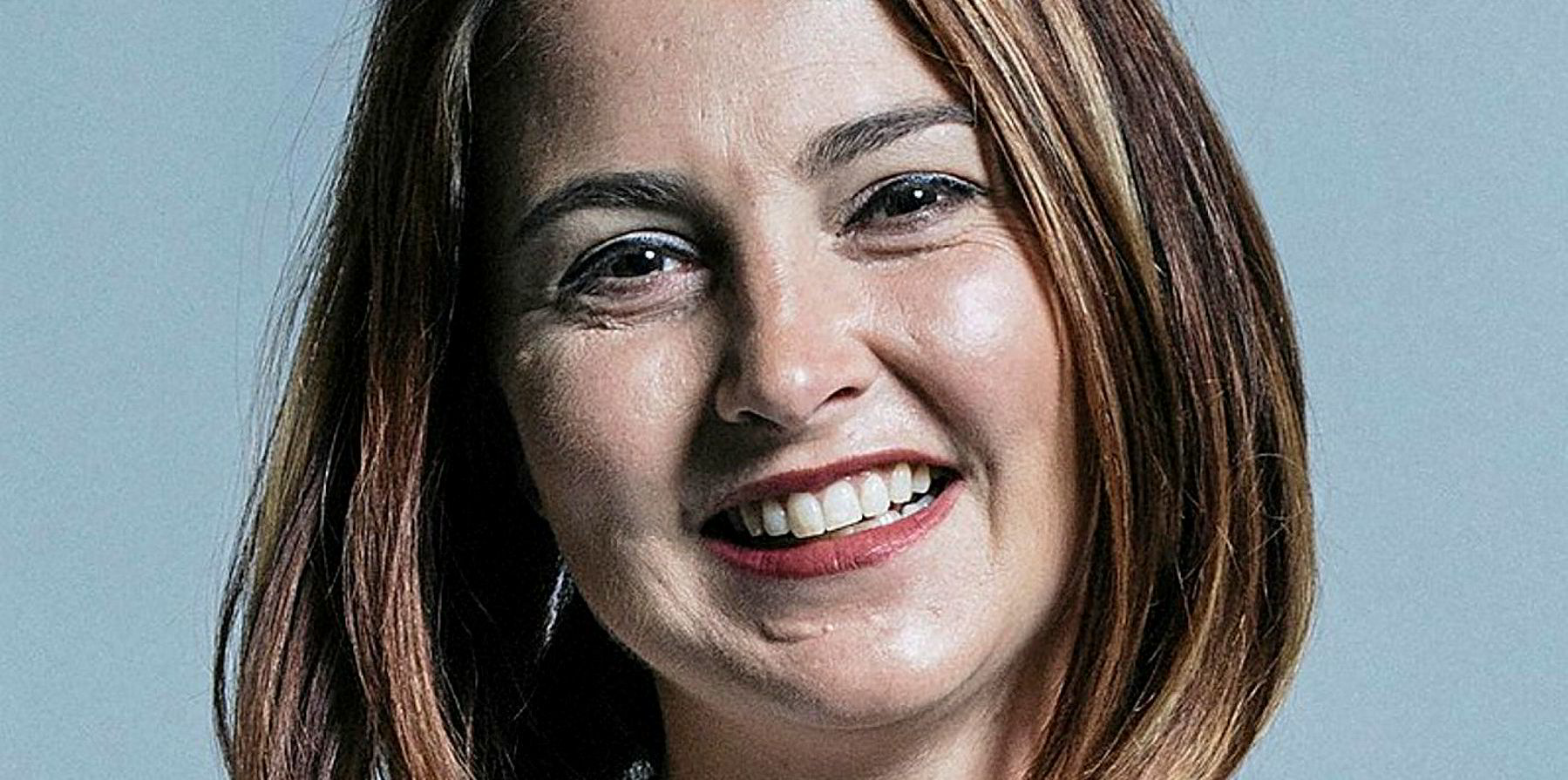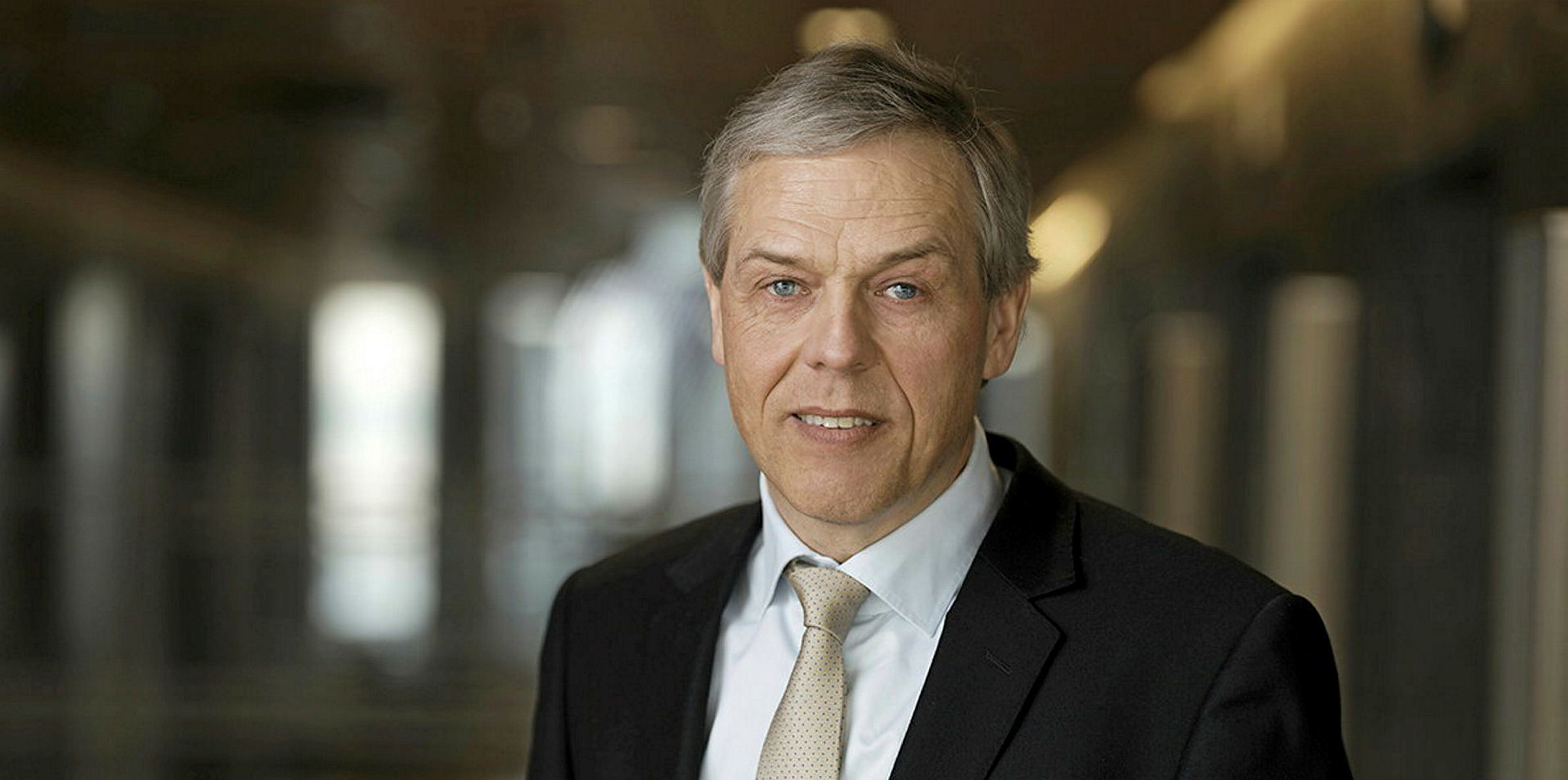Oslo-listed Ocean Yield has revealed Scorpio Bulkers has options to sell five ships it charters from the Norwegian owner as it seeks to exit the dry bulk sector.
Kjell Inge Rokke-controlled sale and leaseback specialist Ocean Yield owns five ships - four ultramaxes and a kamsarmax - leased back to Scorpio Bulkers until at least 2029.
Scorpio Bulkers is looking to sell its entire fleet as it moves into wind turbine installation vessels (WTIVs) in a dramatic strategy shift.
Speaking on a third quarter conference call with analysts, Ocean Yield chief executive Lars Solbakken said: "Scorpio Bulkers has an option to sell the vessels to third parties with a slight premium compared to the outstanding [amount] under the lease."
In February, Scorpio Bulkers offloaded the 61,000-dwt SBI Cronos (built 2015) and 61,300-dwt SBI Achilles (built 2016), both ultramaxes, and the 82,000-dwt kamsarmax SBI Lynx (built 2018) to Ocean Yield for $62.8m.
The US-listed owner agreed to lease them back on respective bareboat charters of nine years, 10 years and 12 years. Purchase options for Scorpio had previously been revealed as part of the deal.
Solbakken also said the company's restructuring agreement with Norwegian shipowner Solstad Offshore has closed, which has seen Ocean Yield take a 3.8% stake in its compatriot due to a redrawing of charters for two anchor-handling tug supply ships, the 21,454-hp Far Senator and 21,457-hp Far Statesman (both built 2013), that are leased to Solstad.
No plans for Solstad shares yet
"We expect positive Ebitda contribution from these vessels going forward," Solbakken said.
Asked if the company had plans for the shares, he answered: "No, we have sold the old shares that we received [in] that old restructuring some years ago, but there is no plan currently that we want to announce at this point in time."
Ocean Yield booked a total impairment for the quarter of $129.4m, including a write-off of $94.8m on its 214,266-cbm floating production, storage and offloading unit Dhirubhai 1 (built 1979) and a cable-layer.
The book value is $51.5m, with Ocean Yield now trying to sell the unit.
The FPSO is laid up in Sri Lanka. Solbakken said the vessel had racked up an Ebitda loss of $2.5m in the third quarter.
Bigger loss than expected
"This is somewhat higher than budgeted due to Covid-19. Ocean Yield is actively trying to sell the FPSO and there is recently some progress in these sales efforts," he added.
Solbakken said talks are ongoing and the company hopes to be able to achieve a price at "least equal and hopefully higher" than the book value.
"It's difficult to give any guidance on the timeline. We are in the process of discussing a potential sale, but there is still substantial uncertainty to this selling process," he added.
"Our preference is to sell, but we will not exclude any long-term charter. But we want to limit any additional risk to a potential candidate or a long term charter. That means that we would prefer to avoid making any additional investment," Solbakken said.
Ocean Yield's net loss for the third quarter was $104.4m, compared to a deficit of $63.2m in 2019.
Risk reduced
The company says the counterparty risk has fallen over the last three months.
Solbakken said tanker markets had become softer, but counterparties seem to be in "good shape".
"So, there is no reason to worry short-term," the CEO added. "For bulkers, we see a stronger market, also the same for container vessels, and I guess vessels that are on sub-charters through strong counterparties. So, we see an improvement in the counterparty risk in Q3."
Chief financial officer Eirik Eide said the company had seen lower interest rates during the third quarter, which has led to a slight reduction in finance lease revenue, as many of these agreements are subject to a Libor adjustment process.
"It is important to note that the reduction in revenues is offset by lower interest expenses on our loans financing vessels," Eide added.
Meeting expectations
Norwegian investment bank Clarksons Platou Securities said Ocean Yield's Ebitda, adjusted for finance leases, of $76m was in line with its estimates.
"The key event during the quarter was significant impairments on two of the company’s idle offshore assets, which reduce the risk of additional pressure on the equity ratio going forward, we argue," said Hans Lund, vice president of credit research, and analyst Henriette Vevstad.
They added that the company's charter backlog remains strong at $2.9bn and, more importantly, the counterparties continue to perform according to their respective contracts.
"Also, there has been no request for contract amendments despite the volatile markets caused by the Covid-19 pandemic," Clarksons Platou said.
Ocean Yield increased its third quarter dividend by $0.15 cents to $5.15 cents.
"We believe that the company is capable of increasing dividends and continue to model a 10 cents per share policy from 2021 and beyond," Lund and Vevstad said.






